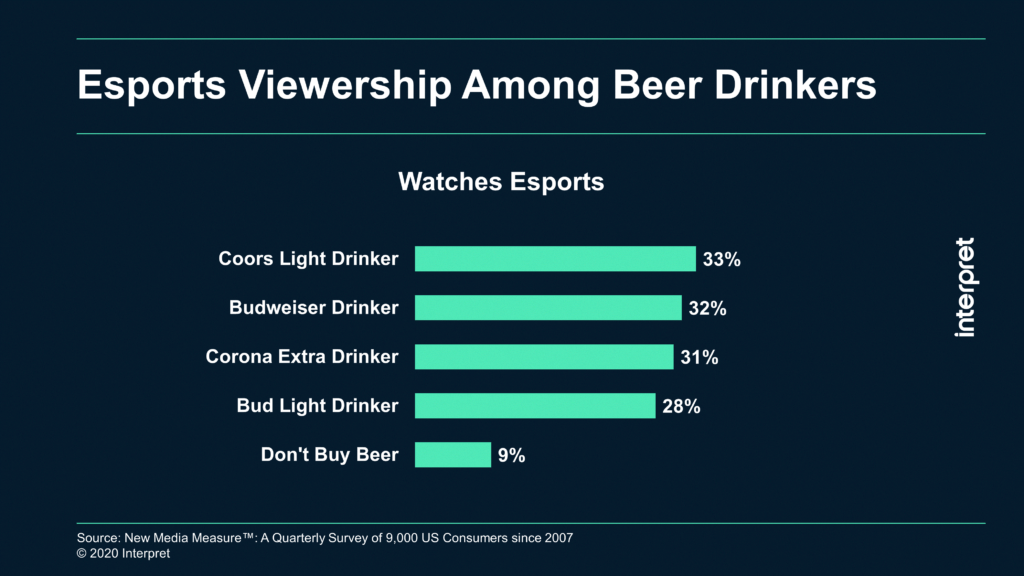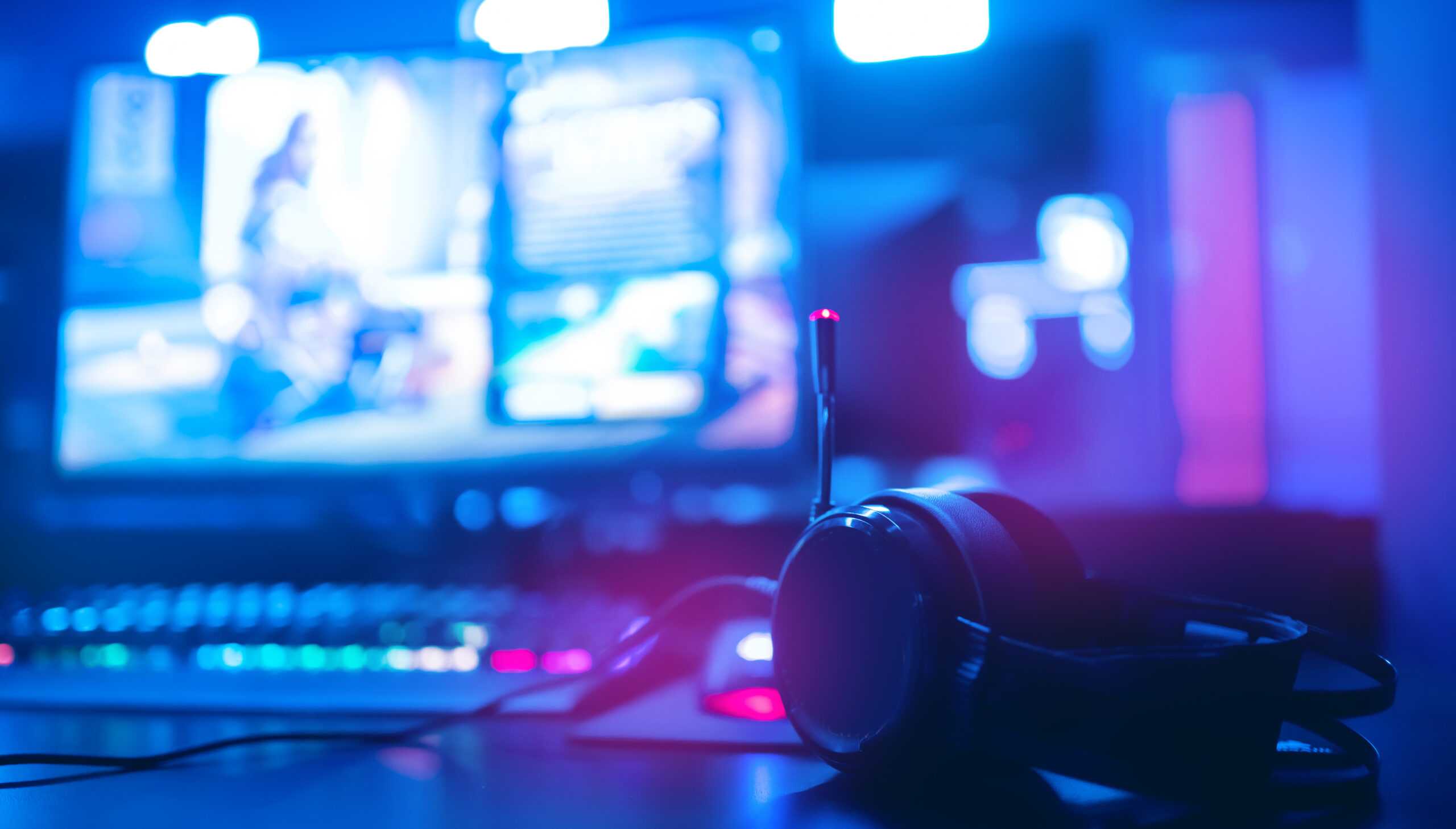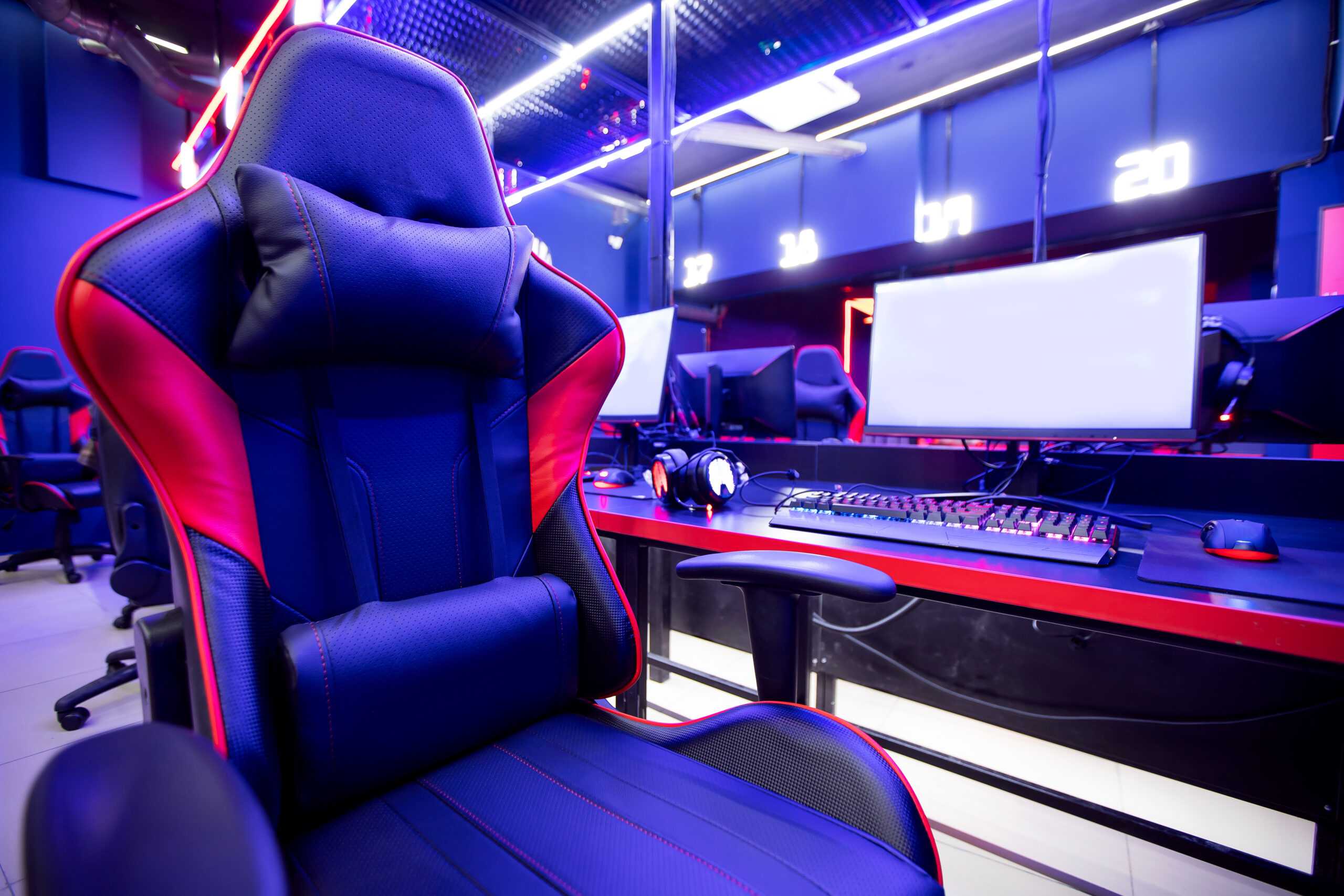As the esports industry continues to attract more viewers, non-endemic brands are increasingly coming into the fold and sponsoring teams, leagues, tournaments, and individual content creators. AT&T, Mastercard, and Chipotle are just a few recent big name brands to market themselves to the esports audience.
We’ve also seen increasing interest from mainstream beer brands. Miller Lite, for example, expanded its deal with Complexity Gaming in October to focus on streaming and content creation, and Bud Light has been an early proponent of esports, having sponsored NBA 2K League for years as well as becoming the official beer of Riot Games’ League of Legends Championship Series (LCS) in January as part of a multi-year deal.
Bud Light’s team has done its research and understands that unique content creation is one of the best avenues of sponsorship. To that end, in September the beer brand held its own “Battle of the Best” competition on its Twitch channel, featuring notable influencers like Shroud, DrLupo, and TimTheTatman. Joe Barnes, director of sports marketing at Bud Light, told Digiday that esports now represents a natural marketing crossover from traditional sports.
“We’re being approached by athletes all the time who want to be involved because they like to game,” he said. “We’ll work on the partnerships we already have in place to bring them into our ecosystem on Twitch and the Bud Light channel there. Gaming is where culture is being set.”
Bud Light shows no signs of slowing down. It even reached across the pond to make a deal with Fnatic in London, the first esports and beer promotion of its kind in Europe. Bud Light packs sold in Europe will come with a code that offers consumers a chance to win a Fnatic gaming headset or a gaming night with one of Fnatic’s team members; Fnatic pro FIFA player Harry Hesketh also signed on to promote the partnership.
Interpret’s New Media Measure® shows why Bud Light’s continued investment makes sense. About a third of beer drinkers (among mainstream brands) currently watch esports compared to just 9% of non-beer drinkers.






